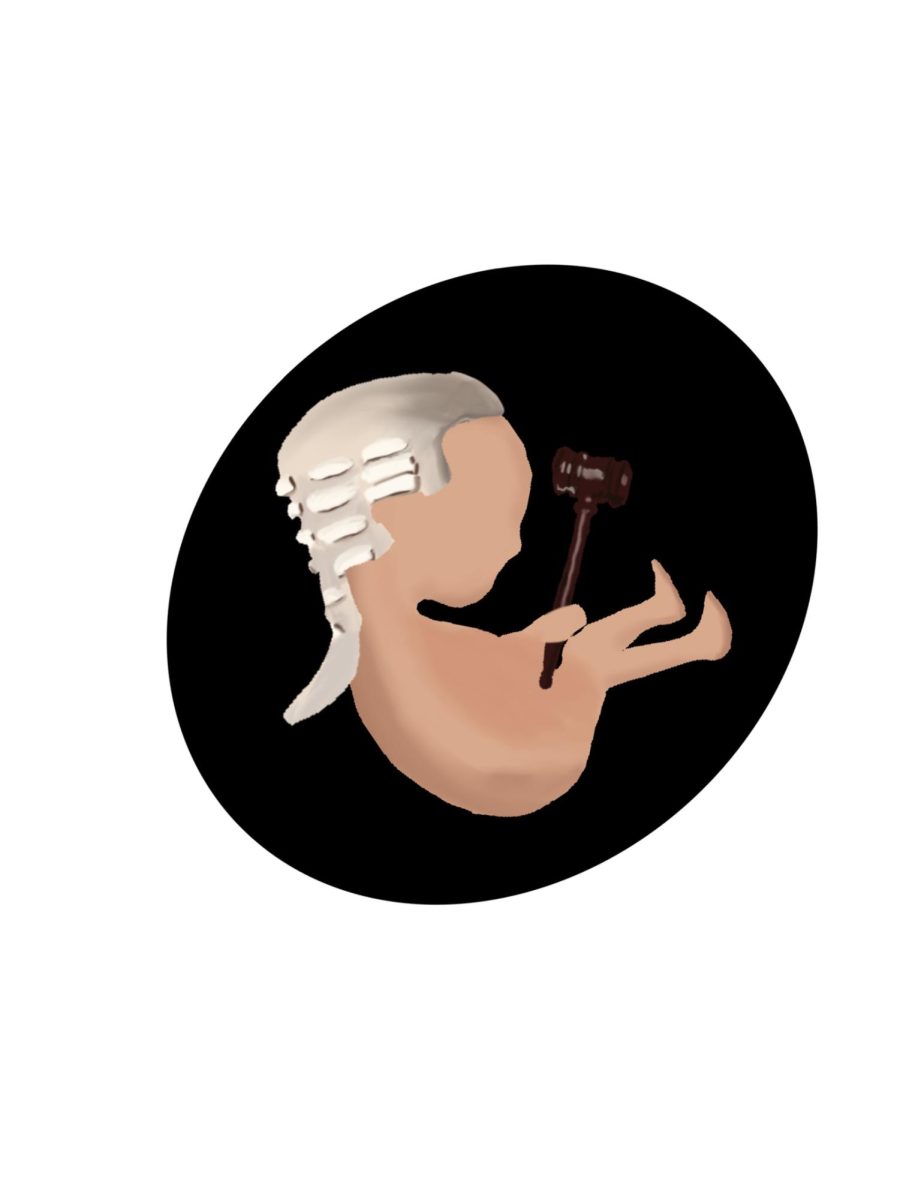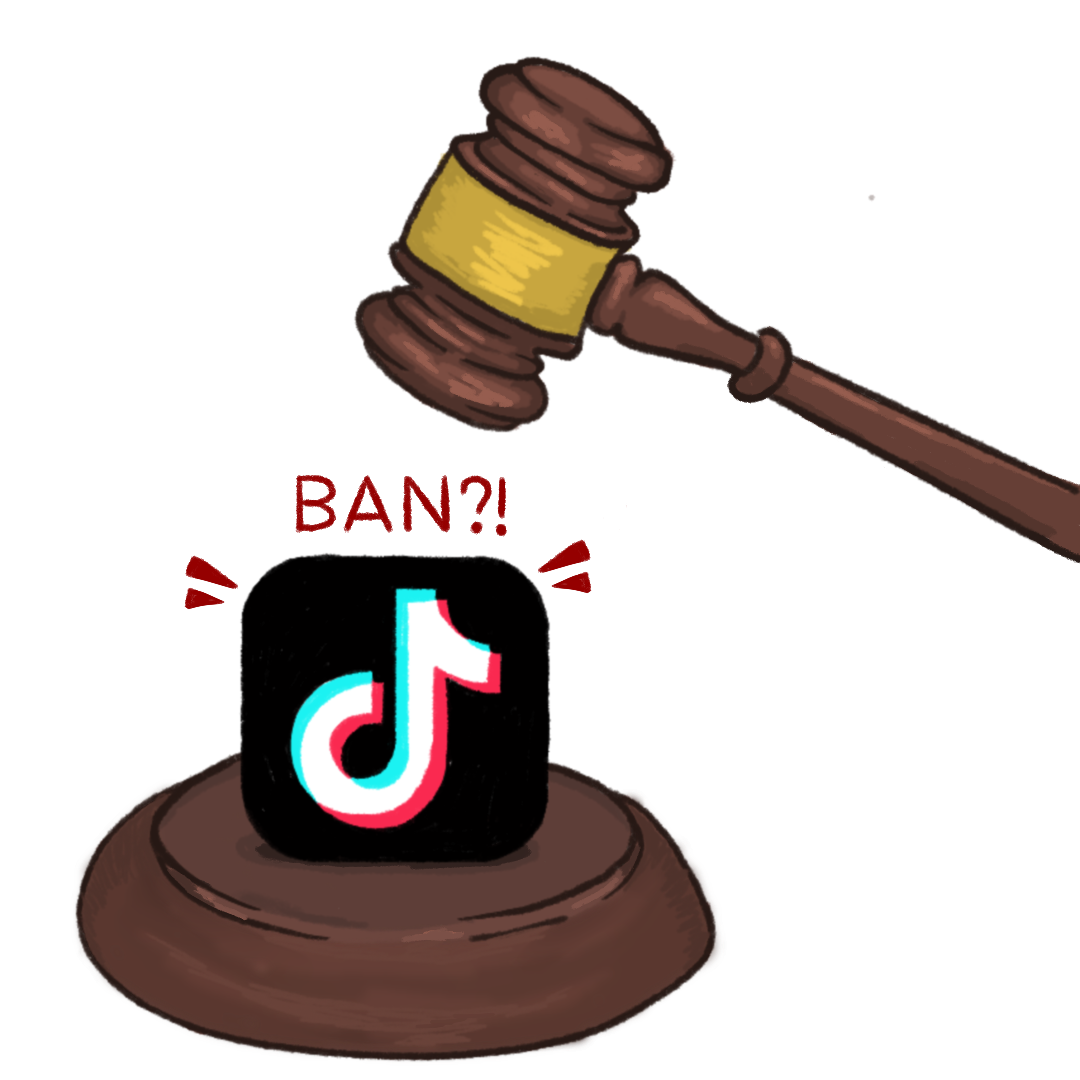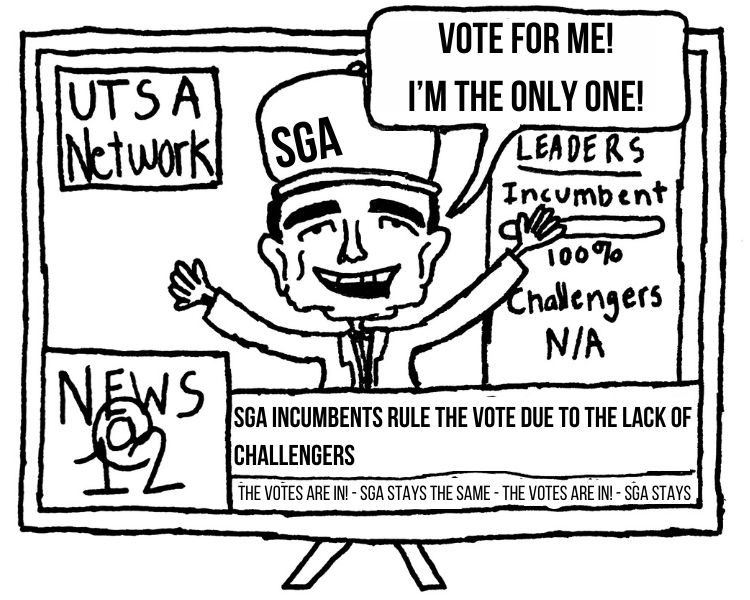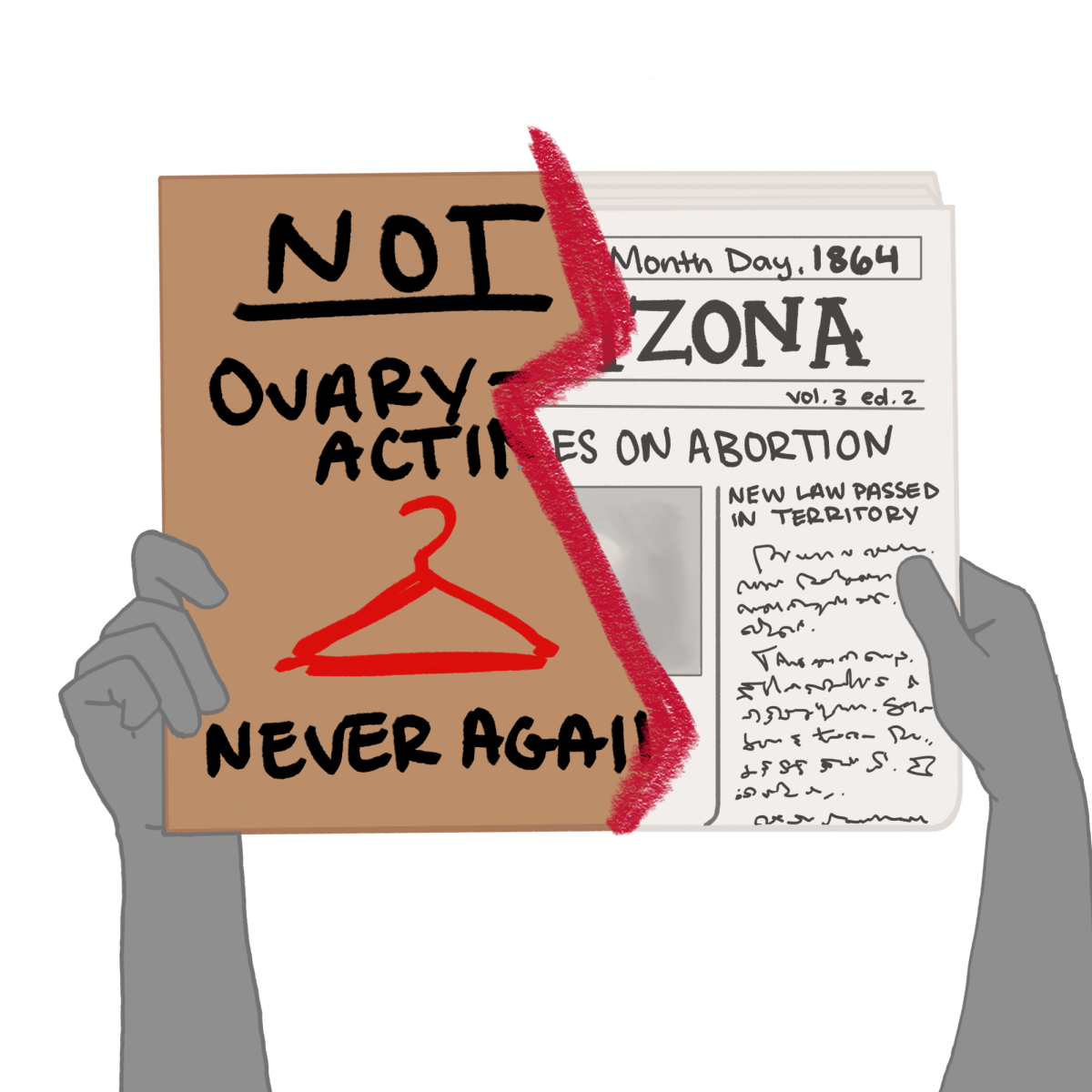

I am the product of an interracial relationship. My mother is African American and my father is Dominican and Colombian.
My parents met in Houston in the eighties. And although they began dating twenty years after the U.S. Supreme Court ruled anti-miscegenation laws unconstitutional, racial prejudice still endured.
Casual observers of my parents’ relationship accused my mother of “jungle fever.”
A slang term, “jungle fever” refers to a person’s interest in someone of a race or ethnicity different from his or her own.
Interracial dating is so common that most don’t look twice when passing by an
interracial couple or family — I know I don’t; however, not all America is on board with interracial dating.
Nevertheless, I believe interracial dating is an observable American characteristic.
Companies such as Macy’s, Ikea, Old Navy and Sealy consistently use models of different ethnicities to show interracial couples in their advertisements.
Cheerios has used a well-known advertisement called “Gracie,” which first aired during the 2013 Superbowl.
The commercial displayed an interracial family of an African-American male, Caucasian female and their bi-racial child.
When I first saw the commercial, I did not notice that the couple was interracial. However, others did, and they were upset to see an African-American man coupled with a Caucasian woman.
People left comments on the YouTube video stating they were surprised that the black man was still involved in his child’s life. Many other derogatory statements were said to the point that the option to leave comments was disabled to stop malicious commentary.
Despite the negative criticism Cheerios received from the commercial, they still casted the same actors and featured the interracial family in their 2014 rendition of “Gracie” for the Superbowl commercial break.
Because they were adamant on using the same cast for the 2014 commercial, I expect to see a 2015 version of the “Gracie” ad this Superbowl Sunday.
Despite the progress that has been made with the Civil Rights Movement, gender equality, and other equality movements who challenge interracial dating and dislike it as American characteristic.
A lot has changed since my parents dated, but its presence popular culture and American consumer marketing demonstrates its progression to a cultural fixture.

















